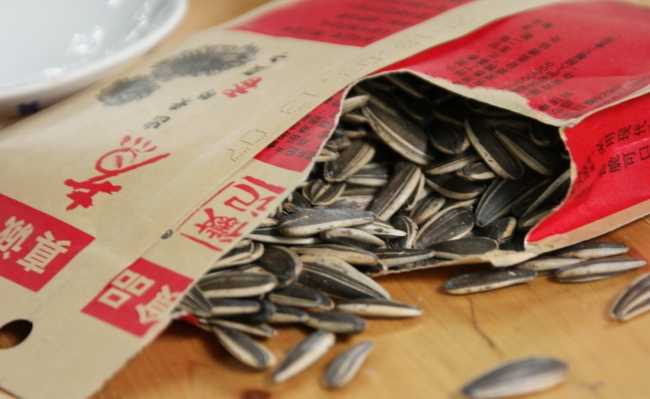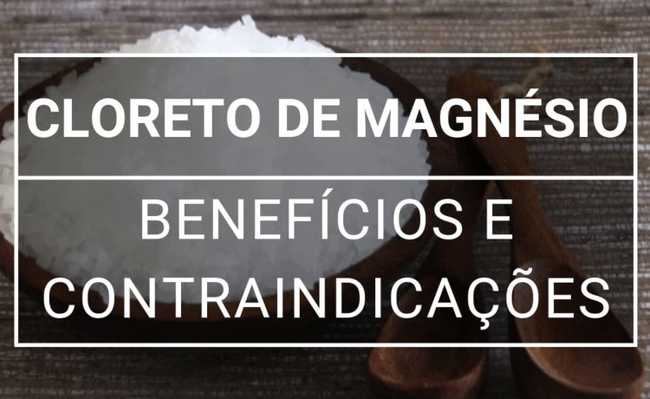Know nutrients and avoid lack of vitamins
Lack of vitamin D, B12 and other types of vitamin deficiencies can be avoided with a balanced diet

Image: Sara Dubler on Unsplash
The human body needs different nutrients to function perfectly. Sometimes our daily diet does not have the vitamins or the necessary amount of them to meet our body's needs, which leads to symptoms caused by lack of vitamin D, lack of vitamin B12, among other types of vitamin deficiency. That's why we've put together a list of the most common vitamin deficiencies, or lack of vitamins, what are the symptoms and how to fight them by changing foods in your diet. Check below and write down everything:
lack of vitamin
Lack of vitamin B12
Vitamin B12 is naturally found in many animal products such as fish, meat, chicken, eggs and dairy products. However, it is not found very often in plants. Fortunately for vegan vegetarians, a fortified breakfast of cereals and yeast nutritional products can avoid vitamin B12 shortages. The vitamin is needed for red blood cell formation, neurological function and DNA synthesis. Symptoms of vitamin B12 deficiency include megaloblastic anemia, fatigue, weakness, constipation, loss of appetite and weight loss. Neurological problems such as numbness and tingling in the hands and feet can also occur. Other symptoms include difficulty maintaining balance, depression, confusion, dementia, poor memory, and pain in the mouth and tongue.
The recommended daily intake of vitamin B12 for men and women over 14 years of age is 2.4 micrograms (µg). Learn more in the article: "Vitamin B12: know what it's for, where to find it and why it's important."
lack of vitamin c
The body uses vitamin C for the biosynthesis of collagen, carnitine and certain neurotransmitters, in addition to being involved in protein metabolism. It is also an important factor in the human body's immune function and serves for better iron absorption.
Most animals can synthesize vitamin C internally, but humans cannot; we need to acquire it through food. Citrus fruits, tomatoes, potatoes, red and green peppers, kiwi fruit, broccoli and strawberries are great sources of vitamin C.
Lack of vitamin C causes scurvy, whose symptoms include fatigue, malaise, inflamed gums, loosening or loss of teeth, joint pain, and poor healing. Although scurvy is not as common as it once was (the old seafaring disease), restrictive diets and bulimia have caused the disease to resurface.
Lack of the vitamin can also afflict the elderly and alcoholics whose ability to absorb vitamin C has decreased due to excessive medication or poor eating habits.
The recommended daily intake of vitamin C is 90 milligrams (mg) for men and 75 mg for women.
lack of vitamin D
There are not many foods that naturally contain vitamin D. Fatty fish like salmon, tuna, mackerel and fish liver oil are the best food sources. To a lesser extent, vitamin D can also be found in beef liver, cheese, egg yolks and mushrooms.
Many foods are fortified with vitamin D. This started in North America and Europe as a way to fight rickets. In Brazil, there was no such concern for being a tropical country with a lot of exposure to the sun, which is the main source of this vitamin. Over time, however, it was realized that part of the population, a large portion of it elderly, was suffering from vitamin D deficiency - which led to the enrichment of dairy products with the vitamin. It is possible to get vitamin D when the skin is exposed to sunlight.
Vitamin D regulates the body's calcium and helps keep bones strong. It is involved in good muscle movement, as the nervous system depends on it, and it improves the immune system, as well as helping to reduce inflammation.
Lack of vitamin D causes bone fragility (rickets, osteomalacia), rheumatoid arthritis, high blood pressure, osteoporosis, muscle weakness and, in adolescents, depression. Lack of vitamin D also damages the kidneys.
Iodine Deficiency
Iodine is a mineral found in marine fish, algae, shrimp and other seafood, as well as dairy products and grains. It is used by the body to produce thyroid hormones, which work to control essential functions. Thyroid hormones are also needed for good bone and brain development during pregnancy and childhood.
Iodine deficiency is the most common cause of hypothyroidism. Symptoms of lack of iodine in adults are a feeling of pressure and tightness in the throat (like a lump), problems with swallowing and breathing, fatigue, poor concentration, constipation, and increased neck circumference. In children, the symptoms are tiredness, lack of concentration, lethargy, poor school performance and physical and mental retardation.
Recommended daily intake is 150 µg for those over 14 years old.
Iron
According to the World Health Organization (WHO), the lack of iron in the body is one of the biggest nutritional problems in the world. Iron exists in two forms: heme or non-heme. Heme iron is found in red meat, fish and poultry; non-heme is found in plants such as lentils and beans. Iron is essential for proper bodily functions. It aids in the transport of oxygen to cells and helps in the creation of red blood cells, as well as helping protein structures, among other important functions.
Symptoms of lack of iron include extreme tiredness, discouragement, lack of attention, learning difficulties, weakness, sleep, hair loss or weak and brittle hair, poor performance at work and/or school, mood disorders, paleness, lack of appetite, smooth tongue, poor motor development, frequent infections due to low immunity.
Discover 10 iron-rich foods to include in your diet:
Magnesium
Magnesium helps the body regulate more than 325 enzymes and plays an important role in organizing many bodily functions, such as muscle control, electrical impulses, energy production, and elimination of dangerous toxins. Magnesium deficiency is rare, but micronutrient talk in the body can lead to malabsorption syndrome, celiac disease, kidney disease, and chronic alcoholism. Symptoms of magnesium deficiency initially include loss of appetite, nausea, vomiting, fatigue, and weakness. It is found in green vegetables, whole grains, and in smaller amounts in meat and milk. If it remains and gets worse, the patient develops numbness, tingling, muscle twitching and cramps, seizures, personality changes, abnormal heart rhythms, and coronary spasms.
Zinc
It is abundant in oysters, red meat, chicken, eggs and fortified breakfast cereals. Pulses, nuts, whole grains and dairy products also have a certain amount of zinc, but beans and cereals have components that prevent zinc from being fully absorbed in the body. Because of this, vegetarians should eat more zinc than recommended.
Zinc is important in helping the immune system fight bacteria and viruses. It also aids in the production of cells, and, during pregnancy and childhood, helps the body to develop properly. Zinc helps wounds to heal properly and is important when smelling and tasting.
Symptoms of zinc deficiency include slow growth in children, delayed sexual and skeletal maturation in adolescents, and impotence in men. Low zinc can also be the cause of hair loss, diarrhea, eye and skin pain, loss of appetite, scarring problems, decreased touch and smell, behavioral, learning and memory disorders, dermatitis and alopecia.
Too much nutrients can also be harmful, and using too many supplements can cause adverse effects. If you believe you are suffering from a vitamin or nutrient deficiency, consult your doctor or physician before purchasing vitamin supplements. Learn more in the article: "Vitamins: types, needs and times of intake".
Watch the video to discover tips and information from Dr. Eda Maria Scur.








